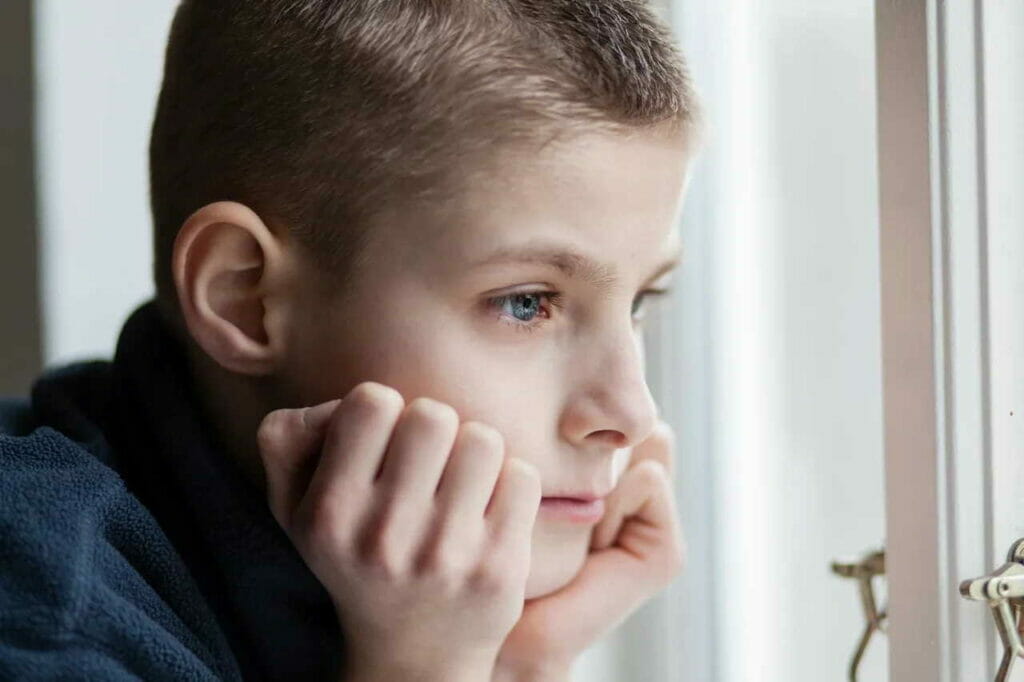When a loved one dies, it’s a tough pill to swallow and accept. It’s a hard concept for most people to understand, but what about children? We often shelter children, with good intention, to protect them from the dangers of the world and its many harsh realities. But believe it or not, children are much smarter than we give them credit for. Although they may not know nitty gritty details of a every situation, children are surprisingly very perceptive. They are able to interpret whether an adult’s behavior, mainly the caregivers who they are around on a day to day basis, is normal versus unusual. In other words, kids realize when you are not acting like yourself.
When it comes to losing a loved one, there are a whirlwind of emotions that come along with it. These emotions are often hard to hide. Whether you are can suppress them or not, children are still able to pick up on how you are feeling. Fostering a trusting and genuine relationship between you and your children is crucial and thus important to be honest about death and dying.
Whether it is the loss of a grandparent, parent, sibling, distant relative, or friend, discussing death with children is no easy task. First and foremost, always be truthful. Use concrete words such as “died” or “dead” as opposed to words that can have a variety of meanings. Avoid saying “passed away”, “sleeping”, or “went away”. Allow your child to participate in mourning rituals, such as funerals and viewing ceremonies. Prepare the child for what they may see or do during these activities and the emotional reactions of other people present. It is ok to also incorporate religious beliefs in your discussion as well. Keep in mind to use clear and concise words about what happens when someone dies. Allow your child to ask questions and to go at their own pace. Don’t force the subject, but let them know that you are there for any questions they may have now or later. Allow your child to grieve and heal at their own pace.
Common reactions that children may exhibit when it comes to receiving bad news include, but not limited to: irritability, developmental regression (for example bedwetting, thumb sucking), separation anxiety, nightmares, outward expression of specific fears (for example “I’m scared mom won’t come home” or “what if dad is in an accident” or “I don’t want to go to the doctor because I’m scared I will get sick and die”). Children may even talk about death and dying constantly as they are trying to process through their understanding. Or on the other hand, children may resume to their normal routines, showing little to no concern.
Just like adults, children may also benefit from psychiatry and psychotherapy evaluations after going through a traumatic experience. It is recommended to seek out these resources early on in the grieving stages. Additionally, American Academy of Pediatrics and Sesame Street “When Families Grieve” may also be helpful resources.

